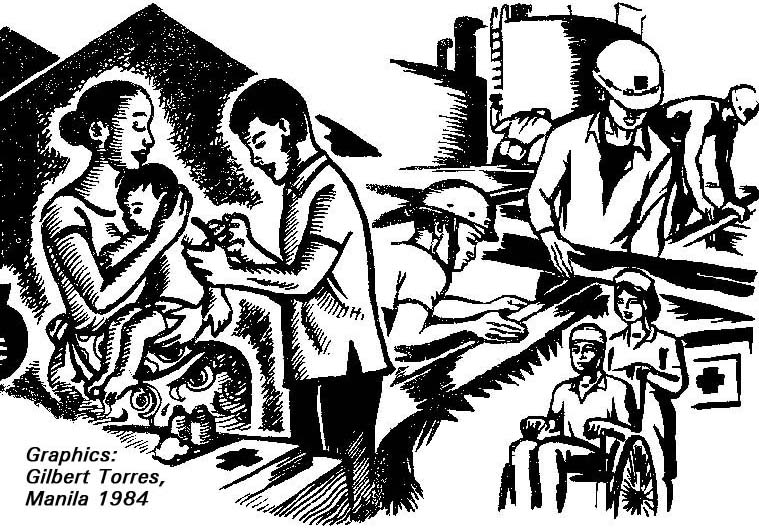
The Migrant Workers Convention sets out the human rights of people who are working outside their country of nationality, together with members of their immediate family and dependents. It seeks to secure access to humane conditions of work and an adequate standard of living by protecting such rights as freedom from slavery and slave-like conditions, the right to equal pay for equal work, the right to leave the country of migration and return to their home country, and the right to equal treatment with respect to access to education and vocational training.
Australia has not ratified the Migrant Workers Convention and recently rejected a recommendation made by a number of States during the Universal Periodic Review to become a party. This is despite the fact that there are an estimated 1.5 million people in Australia who would be covered by the Convention. [2] In 2010, on the occasion of the 20th anniversary of the adoption of the Migrant Workers Convention, a global campaign was launched calling on governments to act immediately to end widespread human rights violations suffered daily by migrants around the world, by ratifying this Convention.
Australia’s ratification would represent a significant step towards the goal of universal ratification of this important human rights treaty. Further, Australia has had a historic policy of promoting ratification of all treaties: Australian action on this convention thus has significance for international adherence to all core human rights treaties.
On the 1st of October 2011, a coalition of civil society groups from Australia and the world launched a renewed call for Australia to ratify the Migrant Workers Convention. The officially stated reason given by Australia for deciding not to consider ratification is that Australia “views the existing protections for migrant workers as adequate.” Informal discussion with government officials suggest that this response was primarily driven by a domestic focus without consideration of the significance of ratification from an international viewpoint. There is no publicly available information that suggests a detailed analysis of ratification has been conducted.
While the primary aim of this campaign is to achieve ratification, the campaign will contribute to national and regional efforts to recognise migrant rights as human rights, and to move beyond the treatment of migrants as an economic resource to be exploited or a problem to be solved. Migrants are equal human beings and must be treated with dignity. This campaign will also promote closely related conventions, such as the ILO Convention concerning Decent Work for Domestic Workers adopted on 16 June 2011. [3]
Related Article
 Home | Aims and Objectives of Solidarity Philippines Australia Network | About Kasama
Home | Aims and Objectives of Solidarity Philippines Australia Network | About Kasama 
Search the SPAN Web